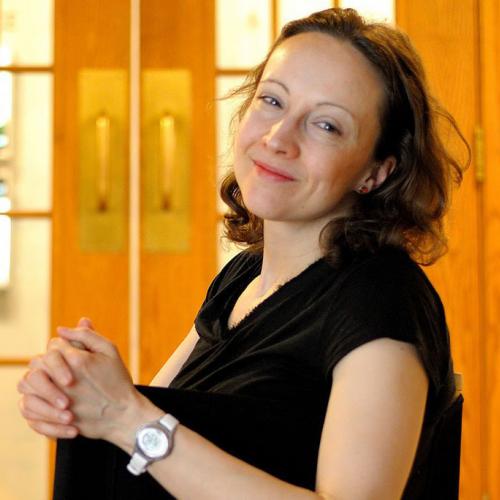Associate Professor and PhD Program Director Jana Diesner has received a $200,000 grant from the Critical Infrastructure Resilience Institute (CIRI) for her project, "Reliable Extraction of Emergency Response Networks from Text Data and Bench-marking with National Emergency Response Guidelines." CIRI is a Center of Excellence of the Department of Homeland Security that aims to enhance the resiliency of the nation's critical infrastructures.
Diesner's project builds on her earlier CIRI-funded work, where her team studied how methods from AI and machine learning can be used for humanitarian assistance and disaster relief. In their prior work, Diesner's team collaborated with the U.S. Coast Guard to study how the selection of commonly used data sources as well as methods and open-source algorithms for text analysis influences our situational awareness or understanding of emergencies and responses. Her team utilizes natural language processing (NLP) methods to help practitioners gain a reliable synthesis of events and stories from large sets of texts. In their new project, Diesner's team continues their collaboration with the U.S. Coast Guard to assess and combine techniques from NLP and social network analysis to detect and evaluate complex socio-technical networks involved in emergency response efforts.
"This work develops and applies a methodology for comparing policy based on incidence management plans to actions based on empirical evidence and can therefore assist in assessing emergency management policy," Diesner said. "Our work can be used by practitioners to reveal mismatches between policy and practice in a data-driven fashion, which can help to inform policy assessment."
PhD student Ly Dinh, Informatics PhD student Janina Sarol, and MS/IM student Ming Jiang have been assisting with this research.
Diesner leads the Social Computing Lab at the iSchool. Her lab's research in human-centered data science and social computing combines methods from network science, NLP, and machine learning with theories from the social sciences to advance knowledge and discovery about interaction- and information-based systems. Her group brings their basic research into application contexts such as crisis informatics, impact assessment, and bias detection. Diesner received her PhD in Societal Computing from Carnegie Mellon University's School of Computer Science.
